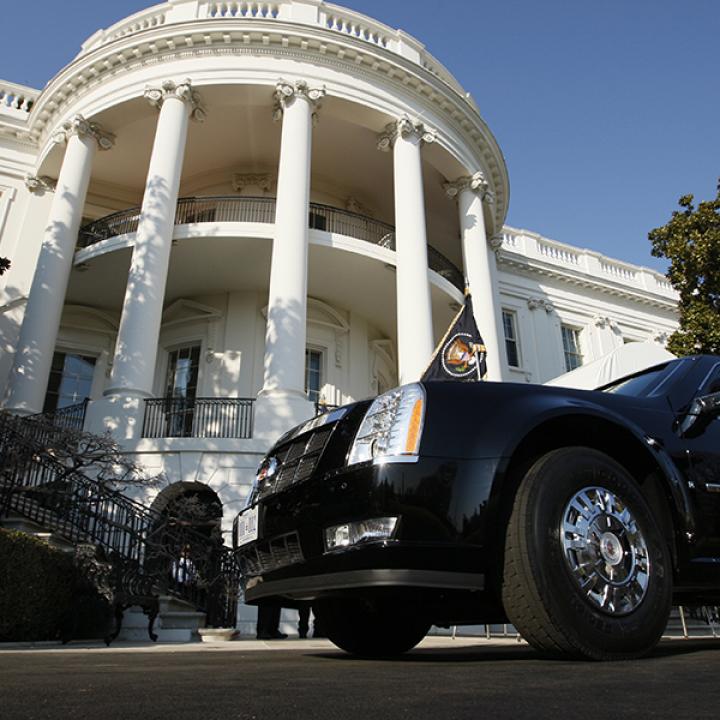

Symbolic gestures from Washington can be especially effective in a region where context is often more important than substance, and whose conflicts are based around perceptions of those contexts.
"America has lost." Philippine President Rodrigo Duterte used this phrase last October when announcing his split from the United States and his country's realignment toward China. The fate of the United States in the Philippines mirrors its foreign engagements over the last eight years, particularly in the Middle East. The irony, of course, is that the U.S. has in fact achieved successes in many places, including the Middle East, during this period -- al Qaeda core has been significantly reduced, ISIS is being routed out of Mosul and soon from Raqqa, and we have defined two objectives in Syria (unseating Assad and countering ISIS there) that we have pursued consistently without committing U.S. boots on the ground. And yet, the Obama Administration has been branded by the world community and popular opinion as having failed in its foreign policy. Today, the Middle East, and especially Syria, is the new testing ground for both the effectiveness of U.S. foreign policy and quite possibly the relevance of the United States in the world. It is there that the Trump Administration has an opportunity to start the process of geopolitical rebalancing correctly by first understanding why the United States has lost on the world stage...
Read the full article on the Cipher Brief website.
Jacob Olidort is a Washington Institute Soref Fellow currently on assignment at the U.S. Department of Defense. The views expressed here are purely his own and do not represent those of the Defense Department or any other U.S. government agency.
Cipher Brief



